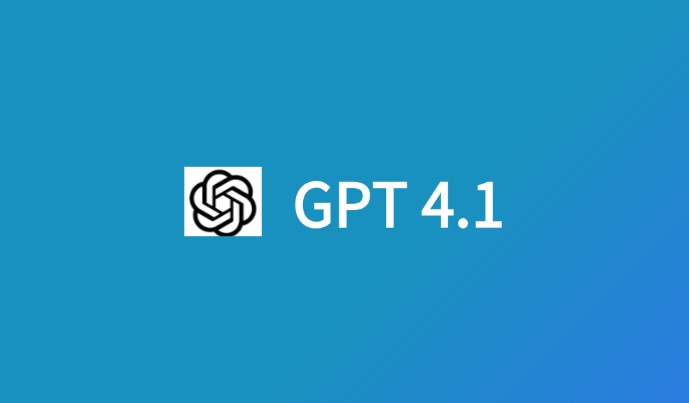In a world overflowing with data, managing and extracting meaningful insights from information is a critical challenge. Enter the AI knowledge base, a revolutionary system that harnesses artificial intelligence to streamline knowledge management. This article defines what an AI knowledge base is, outlines its key benefits, and provides five examples, starting with iWeaver, a versatile tool tailored for scientific research, academic studies, finance, project management, and product management.
Definition of an AI Knowledge Base
An AI knowledge base is a dynamic, centralized platform that uses AI technologies—such as machine learning, natural language processing (NLP), and data analytics—to store, organize, and retrieve information intelligently. Unlike traditional knowledge bases, which are static and rely on manual updates, an AI knowledge base actively learns from data and user interactions. It processes diverse formats like text, images, or datasets, delivering contextually relevant answers to complex queries.
Imagine it as a digital brain that not only holds vast amounts of knowledge but also understands nuances, connects ideas, and evolves to meet user needs. This makes it an indispensable tool across specialized fields like research, finance, and management.
Benefits of an AI Knowledge Base
AI knowledge bases offer transformative advantages, particularly for professionals handling complex, data-driven tasks. Here are some key benefits:
- Context-Aware Search: NLP enables the system to interpret natural language queries, providing precise results tailored to specific domains like finance or research.
- Scalability and Flexibility: It effortlessly handles growing datasets, adapting to new information in real time.
- Personalized Insights: By analyzing user patterns, it delivers customized recommendations, enhancing decision-making.
- Automation of Routine Tasks: It automates repetitive queries or data organization, saving time for strategic work.
- Continuous Learning: Machine learning ensures the system improves its accuracy and relevance, staying aligned with industry trends.
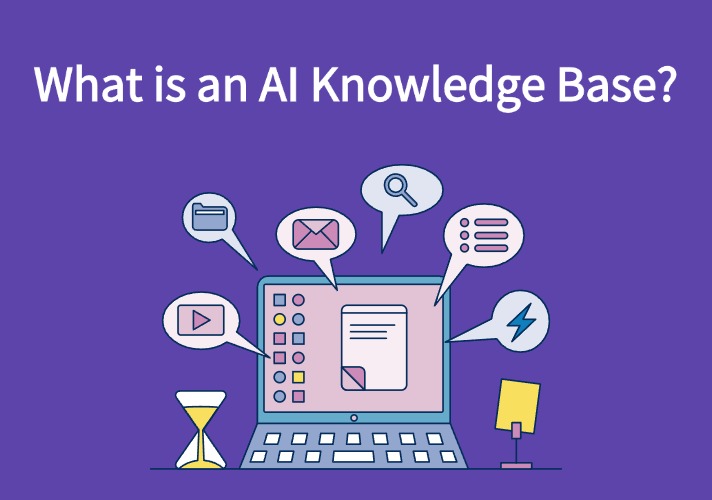
These benefits make AI knowledge bases essential for boosting productivity and innovation in specialized fields.
5 Examples of AI Knowledge Bases
To showcase the power of AI knowledge bases, here are five examples, with a focus on their applications in scientific research, academic studies, finance, project management, and product management:
1. iWeaver
iWeaver is a leading AI knowledge base designed to empower professionals across multiple domains. For scientific research and academic studies, iWeaver organizes research papers, datasets, and notes, enabling researchers to quickly retrieve insights and identify trends. In finance, it processes market reports, financial models, and economic data to support data-driven investment decisions. For project management, iWeaver streamlines task tracking, resource allocation, and timelines by integrating project data and offering real-time updates. In product management, it helps managers align customer feedback, market trends, and development roadmaps, ensuring cohesive product strategies. Its ability to adapt to user needs and deliver tailored insights makes iWeaver a standout tool for professionals in these fields.
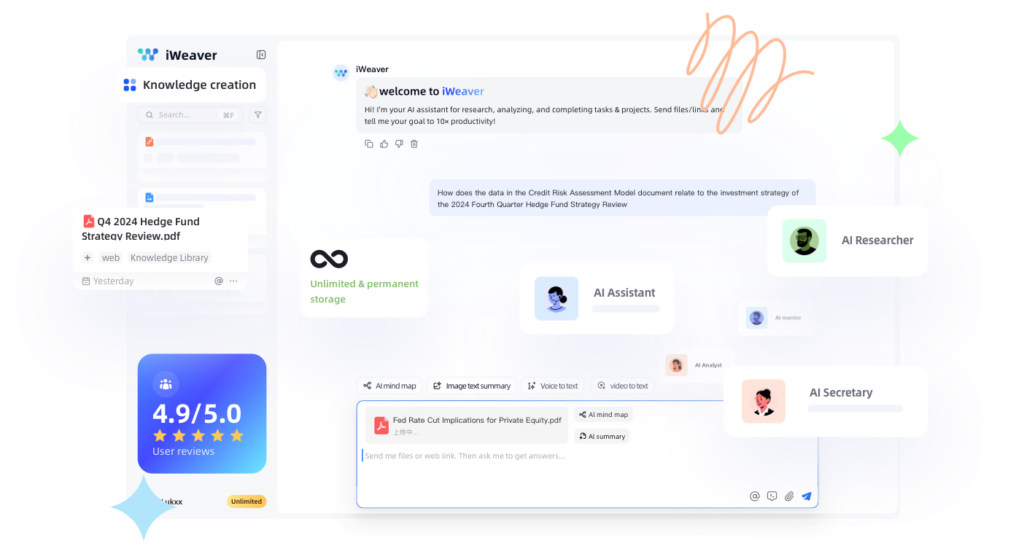
2. Customer Support Automation
Zendesk’s AI knowledge base supports customer service teams by pulling answers from a repository of FAQs and past interactions. For project managers, it can organize support tickets to prioritize tasks, while product managers use it to analyze customer feedback for product improvements, demonstrating its versatility.
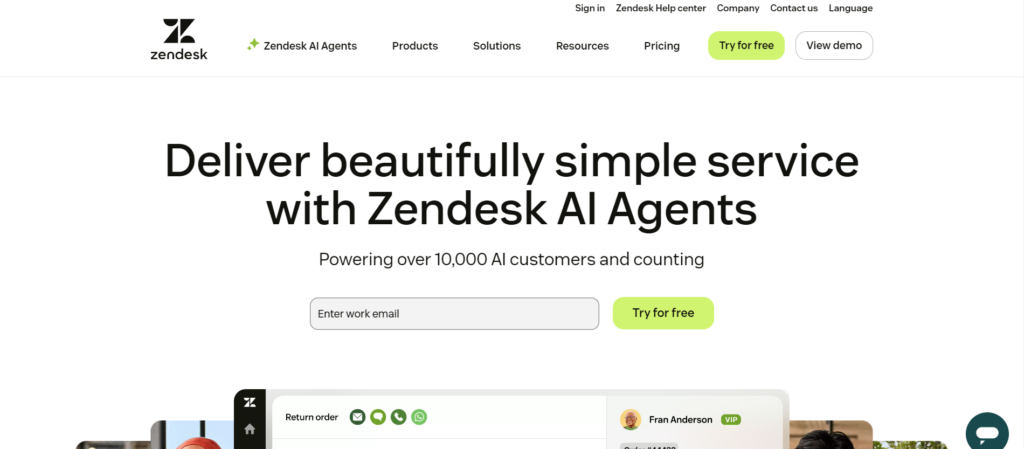
3. Healthcare Research
IBM Watson Health serves as an AI knowledge base for medical professionals. In academic research, it analyzes clinical studies and patient data to uncover patterns, while in finance, it evaluates healthcare investment opportunities, supporting cross-disciplinary applications.
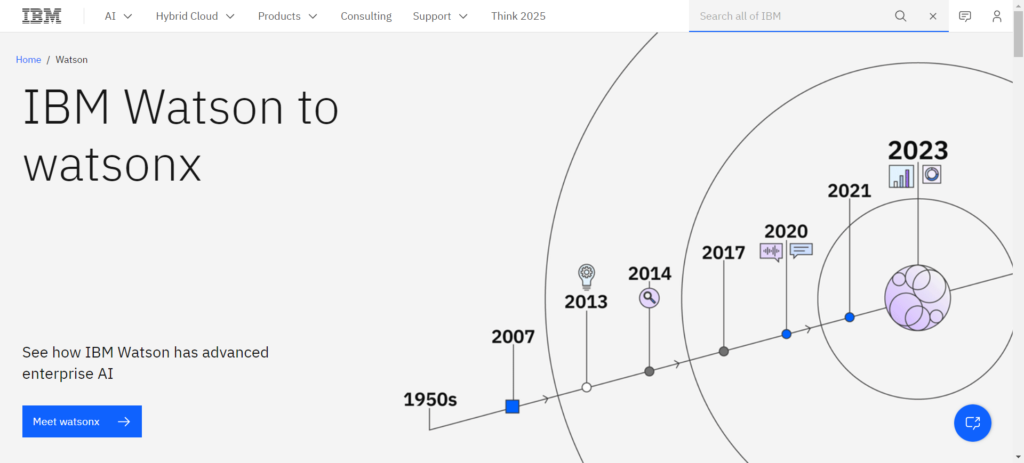
4. Enterprise Collaboration
Microsoft SharePoint’s AI capabilities create a knowledge base for corporate teams. Project managers use it to centralize project documentation and track progress, while product managers leverage it to align cross-functional teams on product goals, enhancing collaboration.
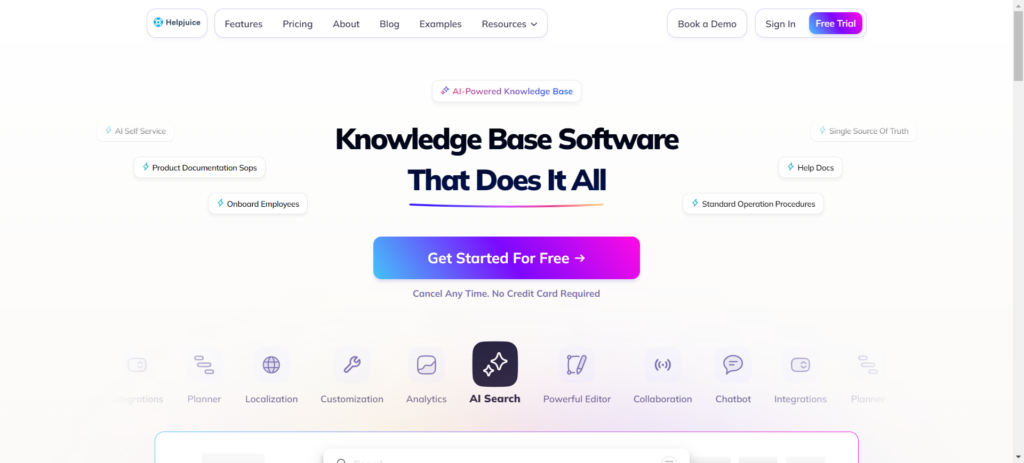
5. Legal Research
ROSS Intelligence is an AI knowledge base for legal professionals. In academic studies, it aids researchers analyzing case law, while in finance, it supports due diligence by reviewing contracts, showcasing its utility in data-intensive fields.

Conclusion
An AI knowledge base is a transformative tool that redefines how professionals manage and leverage information. By combining AI’s analytical power with structured data, it delivers efficiency, personalization, and scalability. iWeaver, with its tailored applications for scientific research, academic studies, finance, project management, and product management, exemplifies the potential of AI knowledge bases to drive success across industries. As AI technology advances, these systems will continue to shape the future of knowledge-driven work.



